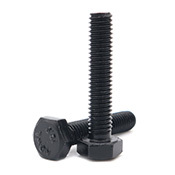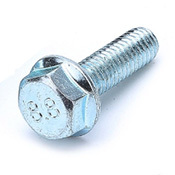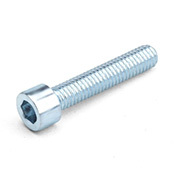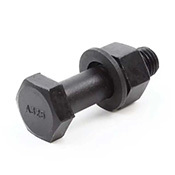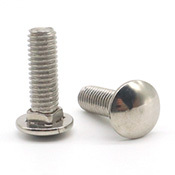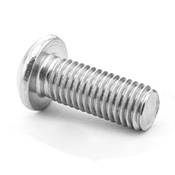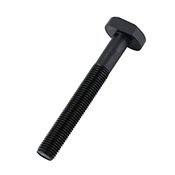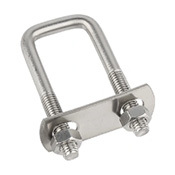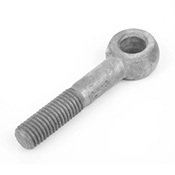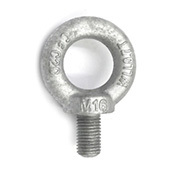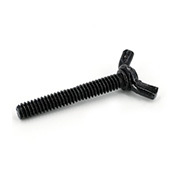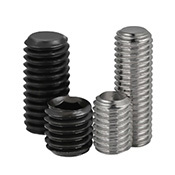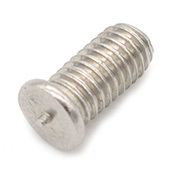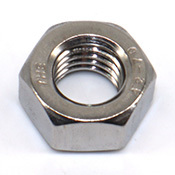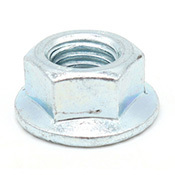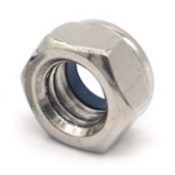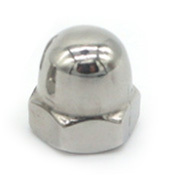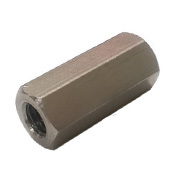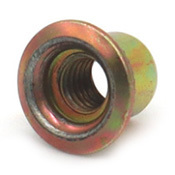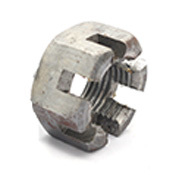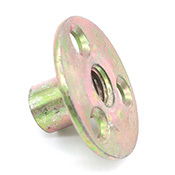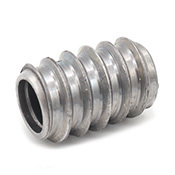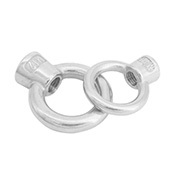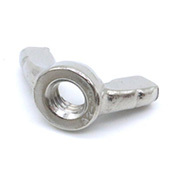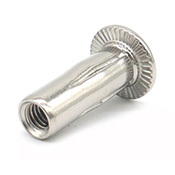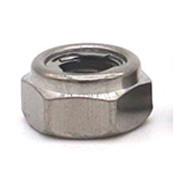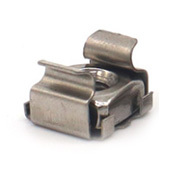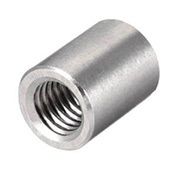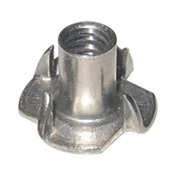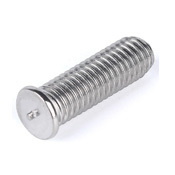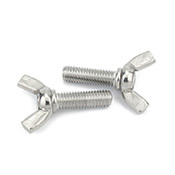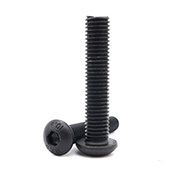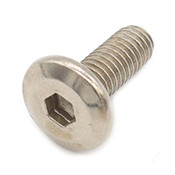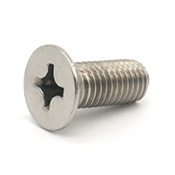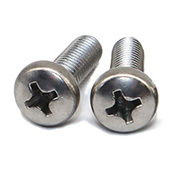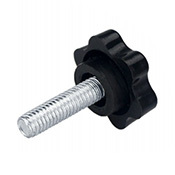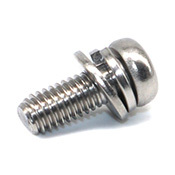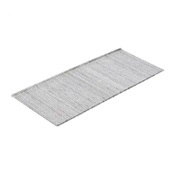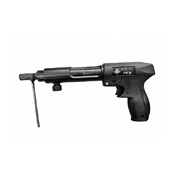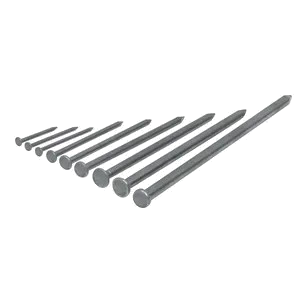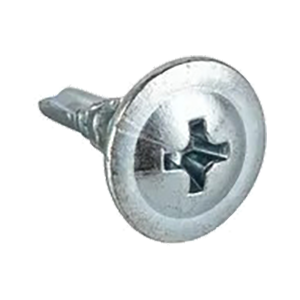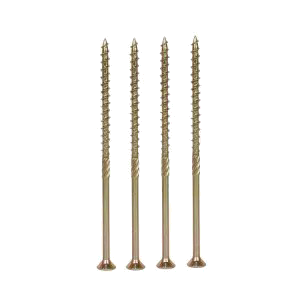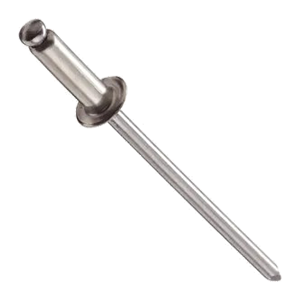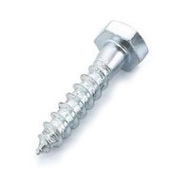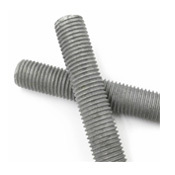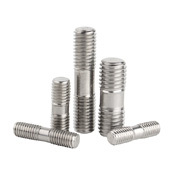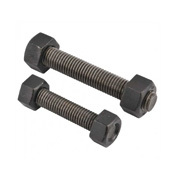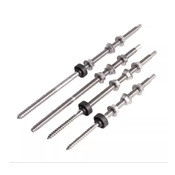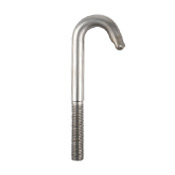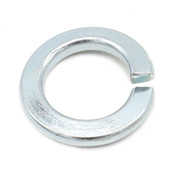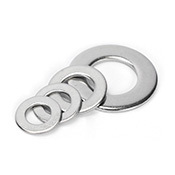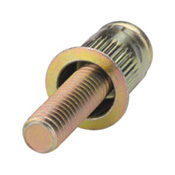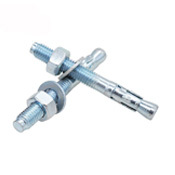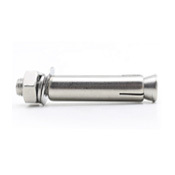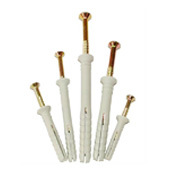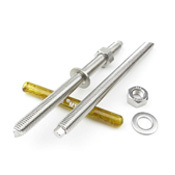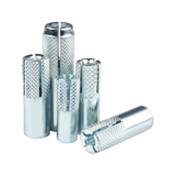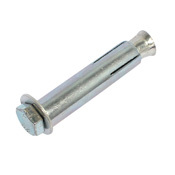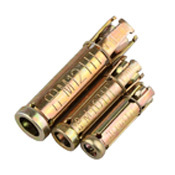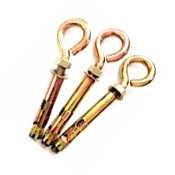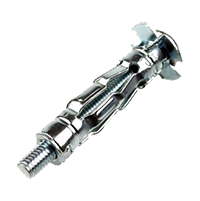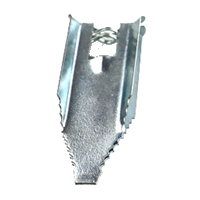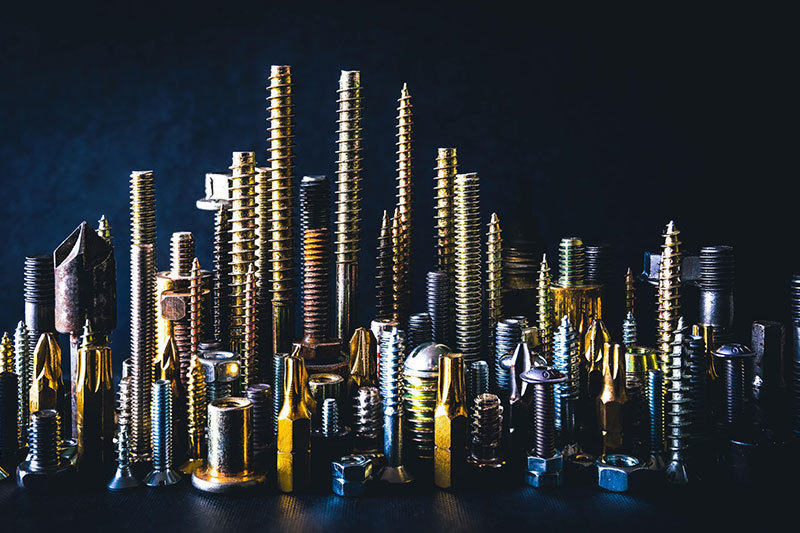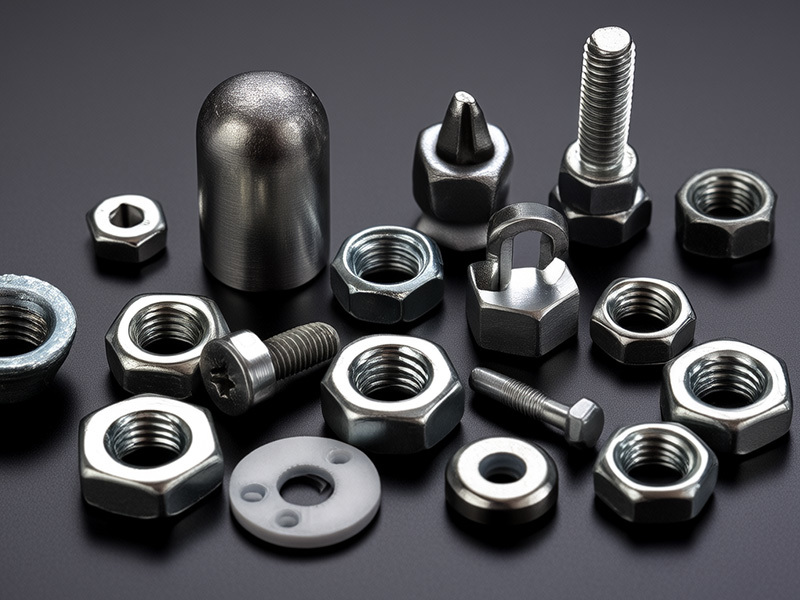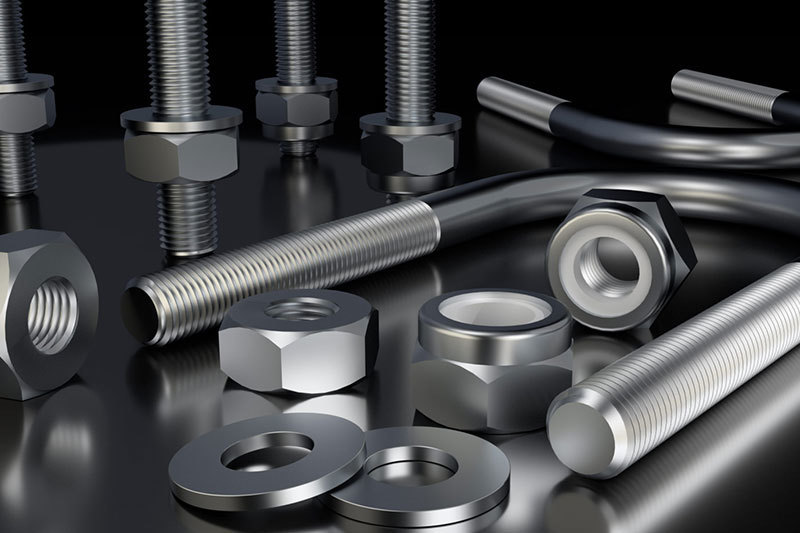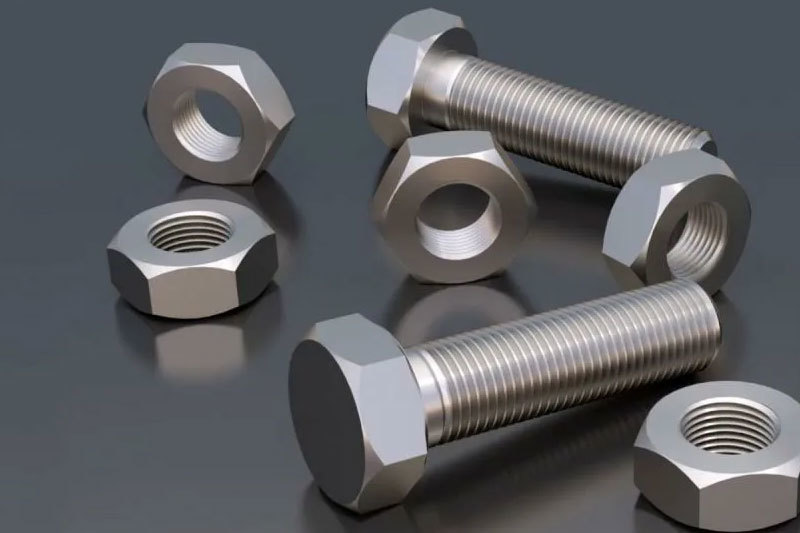Flat Washers: The Unsung Heroes of Fastening
Nov 05,2025
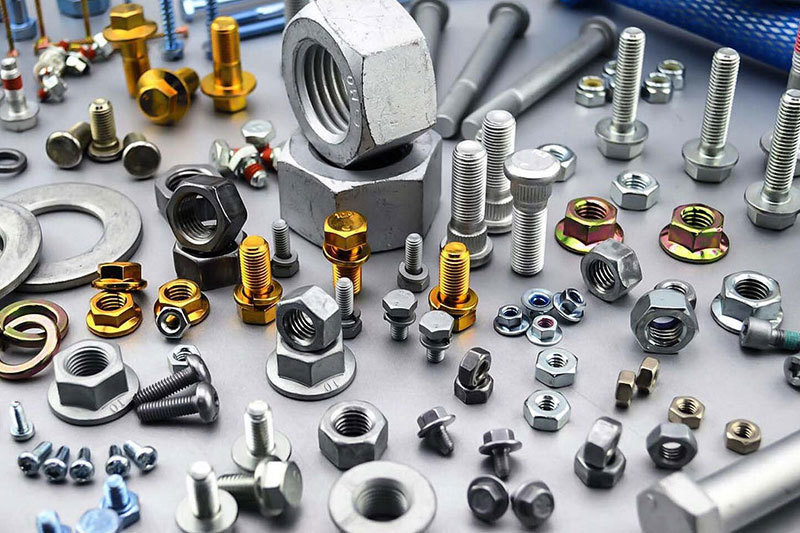
Introduction to Flat Washers
When it comes to DIY projects, repairs, or construction, you might overlook the tiny yet mighty flat washers. But don't be fooled by their size! These little disks play a crucial role in ensuring that your fasteners hold strong and steady. So, let's dig into what makes these washers so essential and some important considerations to keep in mind.
What Are Flat Washers?
In simple terms, flat washers are circular pieces of material, usually made from metal, plastic, or rubber, that are placed under a nut or bolt head. They serve various purposes, such as distributing load, reducing friction, and preventing damage to surfaces. Think of them as the unsung heroes of the fastening world!
Why Use Flat Washers?
So, why should you bother with flat washers? Well, here are a few reasons that might just convince you:
- Load Distribution: They help distribute the load of a fastener over a larger area, which prevents damage to the material being fastened.
- Surface Protection: By using a washer, you can protect the surface of your project from scratches and indentations.
- Vibration Resistance: Flat washers can help reduce the risk of loosening due to vibrations, keeping your project secure.
Key Considerations When Using Flat Washers
Alright, you might be thinking, "Okay, they sound great, but what should I watch out for?" Here are some critical points to consider:
1. Size Matters
Choosing the right size of flat washers is crucial. A washer that's too small won't distribute the load effectively, while one that's too large can be cumbersome and difficult to work with. Always check the specifications of your fasteners to find the perfect match!
2. Material Selection
Not all flat washers are created equal! Depending on the application, you might need washers made from different materials. For example, stainless steel washers are perfect for outdoor projects because they resist rust and corrosion, while plastic washers might be better suited for electrical applications.
3. Surface Compatibility
Always consider the surfaces you're working with. Some materials are softer and can be damaged easily, while others can be more robust. Using the right type of washer can help prevent any mishaps!
Common Mistakes to Avoid
Now that we've covered the basics, let's talk about some common blunders people make when using flat washers:
- Skipping the Washer: Never underestimate the importance of a washer. It may seem unnecessary, but omitting it can lead to long-term headaches.
- Wrong Installation: Make sure you place the washer in the right position—either under the bolt head or the nut. A small mistake can lead to big problems!
- Ignoring Maintenance: If you're working in a high-stress environment, it's crucial to regularly check your washers. They can wear out over time, leading to potential failure.
Conclusion: Don't Overlook Flat Washers!
In conclusion, flat washers might not be the star of the show, but they're certainly the backbone of many projects. By keeping these considerations in mind and avoiding common pitfalls, you can ensure your fasteners do their job effectively. Next time you're in the hardware store, don't forget to grab a pack of these little powerhouses. They just might save your project!
TAG:
Related Posts
Application and Development of Fasteners in Automotive Industry

Tel/WhatsApp:
Sales E-mail:
The company's main products cover six categories, including nuts, bolts, screws, threaded rods, flat washers and sleeve anchors.
MESSAGE
We will contact you within one working day. Please pay attention to your email.
COOKIES
Our website uses cookies and similar technologies to personalize the advertising shown to you and to help you get the best experience on our website. For more information, see our Privacy & Cookie Policy
COOKIES
Our website uses cookies and similar technologies to personalize the advertising shown to you and to help you get the best experience on our website. For more information, see our Privacy & Cookie Policy
These cookies are necessary for basic functions such as payment. Standard cookies cannot be turned off and do not store any of your information.
These cookies collect information, such as how many people are using our site or which pages are popular, to help us improve the customer experience. Turning these cookies off will mean we can't collect information to improve your experience.
These cookies enable the website to provide enhanced functionality and personalization. They may be set by us or by third-party providers whose services we have added to our pages. If you do not allow these cookies, some or all of these services may not function properly.
These cookies help us understand what you are interested in so that we can show you relevant advertising on other websites. Turning these cookies off will mean we are unable to show you any personalized advertising.







